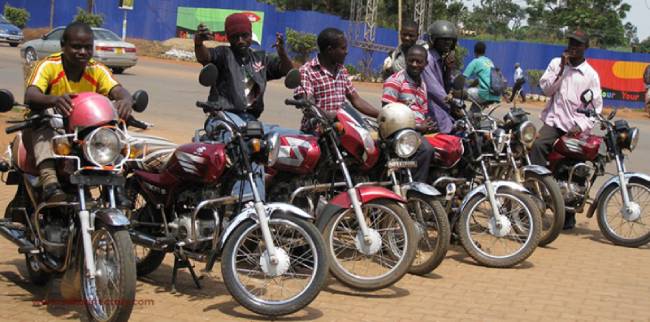×
The Standard e-Paper
Join Thousands Daily

Today, we begin by posing the easiest of riddles.
Which mechanical contraption is two-wheeled, withholds the Third World War, has significantly impacted African economies, and is increasingly reshaping narratives of contemporary Kenyan politics?